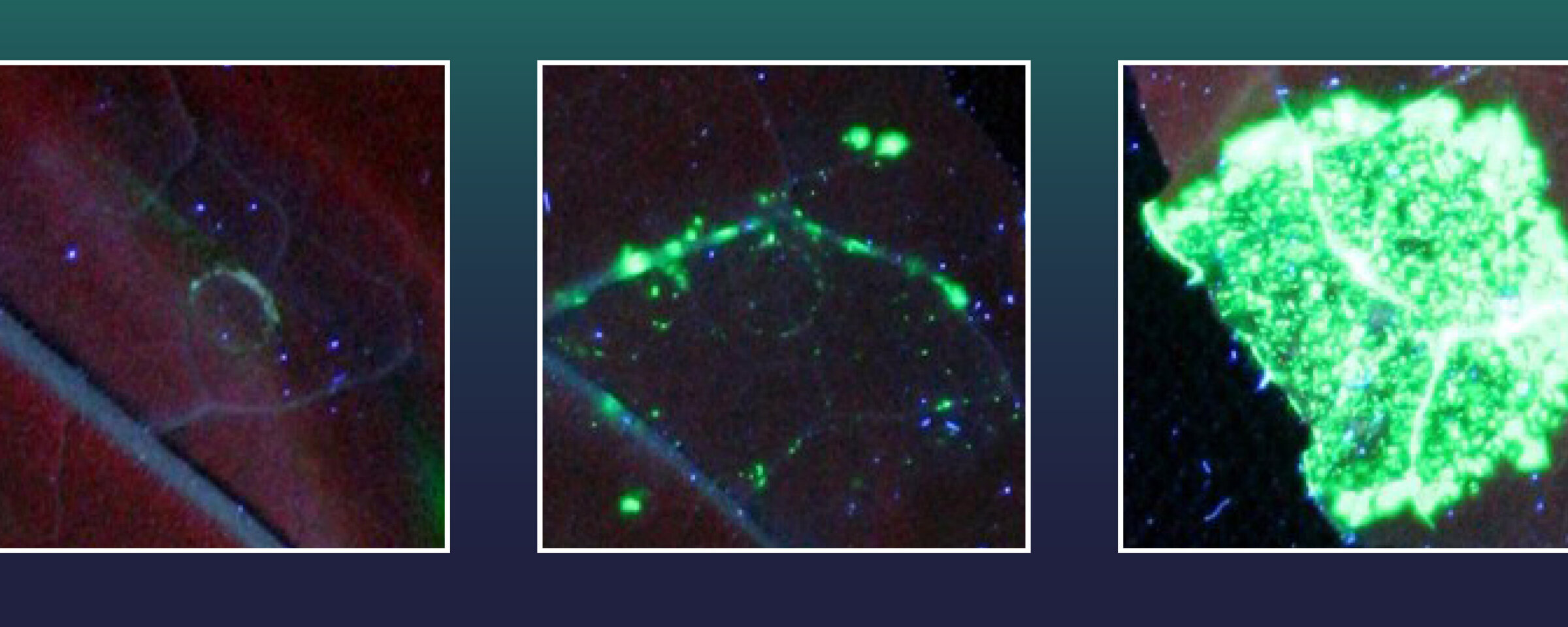Scientists at the Leibniz Institute of Plant Biochemistry (IPB) have succeeded for the first time in stably and precisely inserting large gene segments into the DNA of higher plants very efficiently. To do this, they optimized the gene-editing method CRISPR/Cas, commonly known as “genetic scissors.”
The improved CRISPR method offers great opportunities for the targeted modification of genes in higher plants, both for breeding and research. The study, led by Prof. Alain Tissier and Dr. Tom Schreiber, has been published in Molecular Plant.
CRISPR/Cas is a method with enormous potential for the targeted modification of individual genes. However, this does not apply to all kinds of genetic modifications that breeders and scientists have on their wish lists. While the genetic scissors are ideal for knocking out genes, i.e., switching off or removing existing genes, they do not work well for precisely inserting genes or replacing gene segments. To date, genetic scissors have been too inefficient and therefore of little use for the targeted insertion of genes into the DNA of higher plants.
